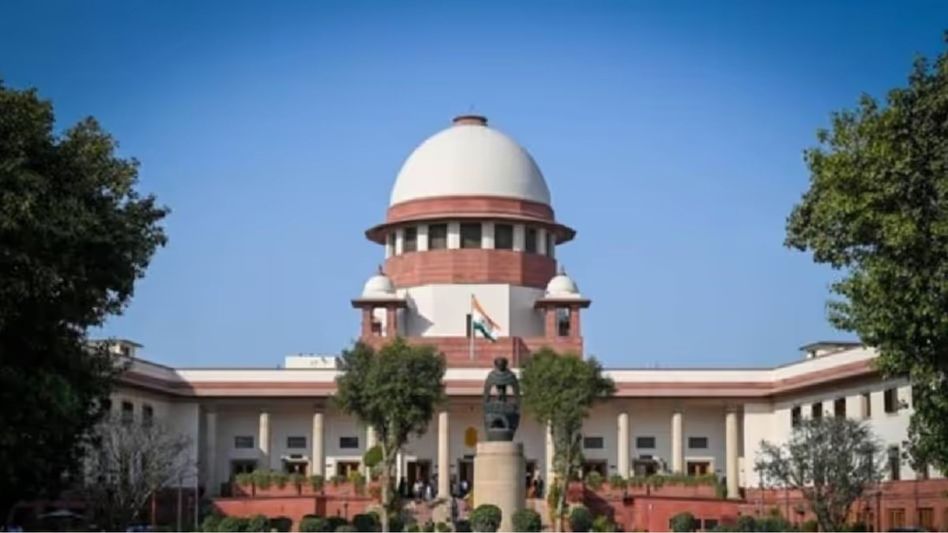Supreme court seeks government response on Nagaland's petition to prosecute 30 army personnel
The Supreme Court has asked the Union Government to respond to a writ petition by Nagaland challenging the denial of prosecution of 30 Indian Army personnel. The case relates to the killing of 13 civilians in Mon district during a military operation in 2021.
 Supreme court seeks government response on Nagaland's petition to prosecute 30 army personnel
Supreme court seeks government response on Nagaland's petition to prosecute 30 army personnelThe Supreme Court has issued a notice to the Union Government regarding a writ petition filed by the state of Nagaland. The petition challenges the Centre's refusal to sanction the prosecution of 30 Indian Army personnel accused of killing 13 civilians during a military operation in Mon district in December 2021.
A bench led by Chief Justice of India DY Chandrachud, along with Justices JB Pardiwala and Manoj Misra, has given the Ministry of Defence six weeks to respond to the notice.
Nagaland's Advocate General KN Balagopal argued that despite evidence gathered by the state police against the accused army men, the Centre denied prosecution sanction under the Armed Forces Special Powers Act (AFSPA) 1958 on February 28.
The incident in question occurred on December 4, 2021, when army personnel allegedly fired at a pickup truck carrying miners in Oting village, Eastern Nagaland. This led to the filing of FIRs under various sections of the Indian Penal Code.
In July 2022, the Supreme Court had stayed the criminal prosecution against the accused officials, noting the absence of sanction under AFSPA.
The case has reignited debates about AFSPA in the Northeast. Following the incident, the Nagaland Assembly unanimously called for the repeal of AFSPA from the North East, particularly from Nagaland.
This legal challenge by the Nagaland government brings the controversial AFSPA back into national focus, highlighting tensions between state autonomy, military operations, and civilian protection in conflict-prone regions.
Copyright©2024 Living Media India Limited. For reprint rights: Syndications Today









